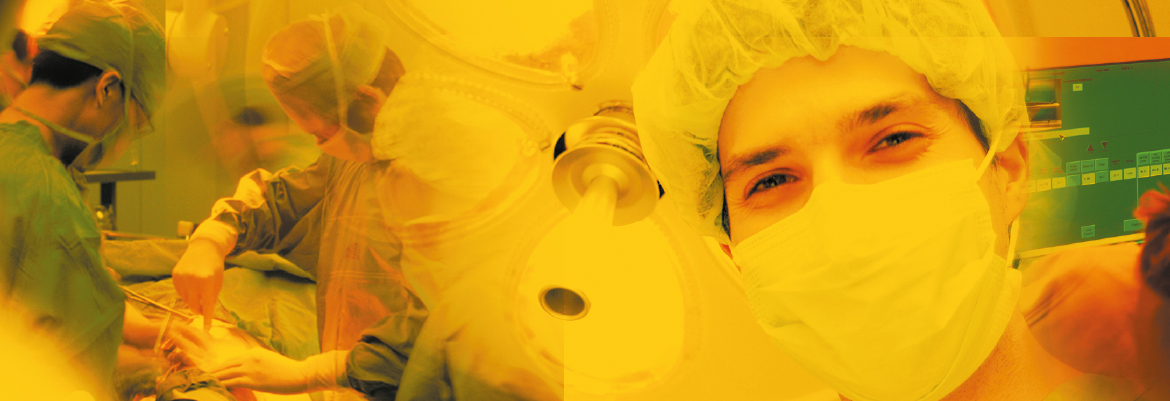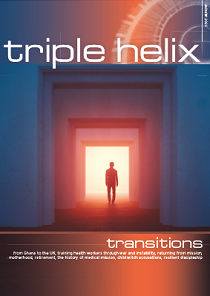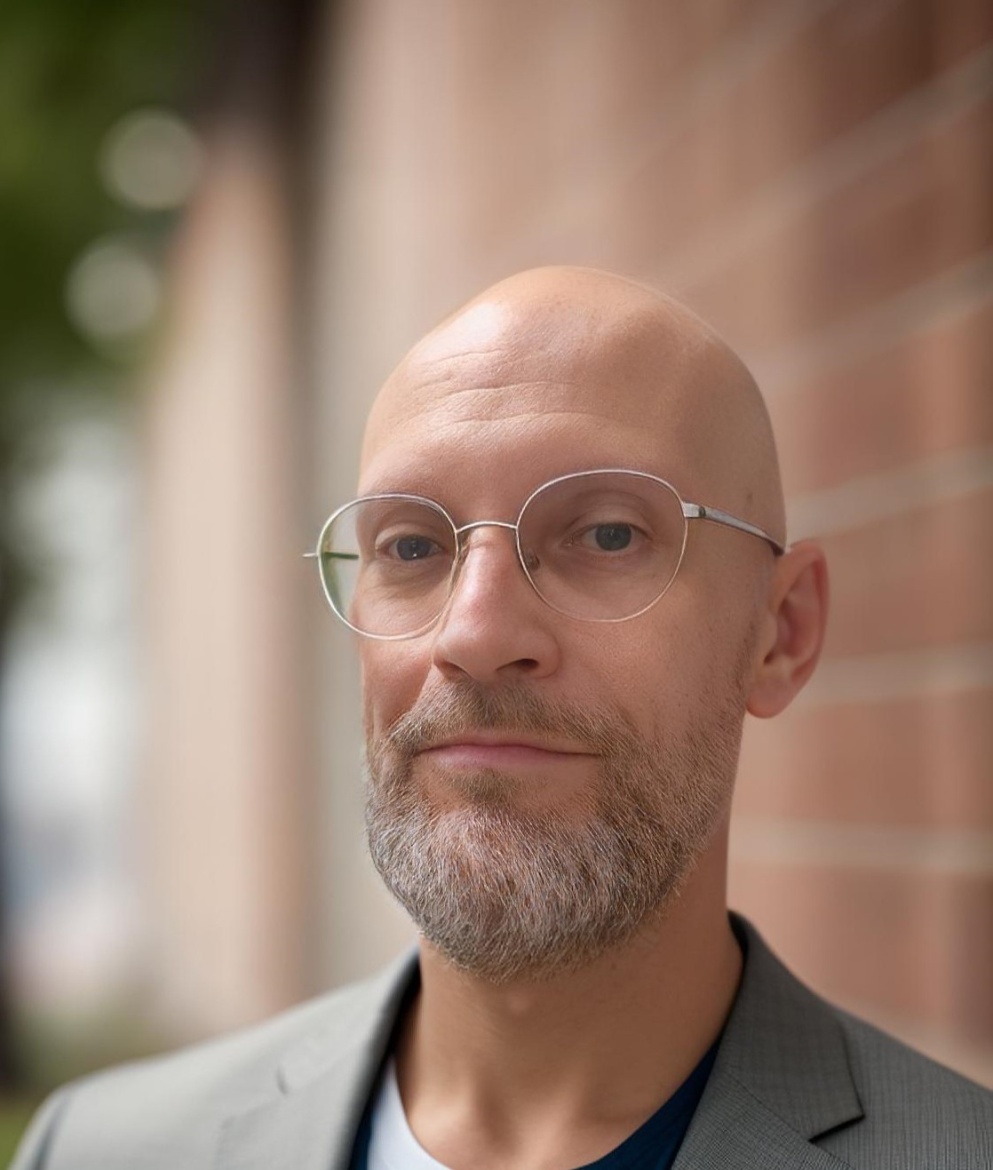We are amid a cost-of-living crisis due in part to the supply chain chaos in the wake of the Covid pandemic and the war in Ukraine. It is already having a significant impact on the sick. Patients on haemodialysis who already faced an extra £600-£1,500 a year in utility bills will see them skyrocket. [3] We hear of patients going back to hospital for treatment, forgoing independence just to afford to live.
Pensioner poverty is at its worst in over a decade. [4] With poverty comes a poorer diet, poorer housing, and less heating. The risks of non-communicable diseases and early mortality rise rapidly in such circumstances.
And the health service is struggling - with a backlog of patients post-Covid, and a rise in chronic and acute physical and mental health problems, the NHS has run all summer with the sort of pressures only seen in the worst of winters. What this winter will bring is even harder to tell.
The UK government is taking steps to try and address this, [5] but it is open to debate how effective these measures will be. [6] But this is a problem way beyond any single government intervention. It is global and systemic, historical, and natural. It is a storm, not all of our own making, but one for which we have not adequately prepared so that we could weather it well.
There are no easy answers, no simple reassurances that all will be well. But neither are we helpless or hopeless. Scripture repeatedly reminds us that the storms will sweep upon us, but God will not abandon us. [7] That when we see the vulnerable suffering or in need, we have a duty to stand with them. 8 And that when it is our turn to be in need, others will stand with us. [9] It is a challenge to the church to pull together and support one another and the broader community in Christ's name, and lead the rest of society by example.
We should engage with this politically, but not by shouting on the social media sidelines. Write to MPs and councillors, get on the committees of professional bodies, or become a shop steward. We need godly voices and hands in all these places. Volunteer at foodbanks, get on your church council and get them engaged.
But above all, such crises should drive us once again to prayer. For our nation, our patients, our colleagues, and one another. [10]
































